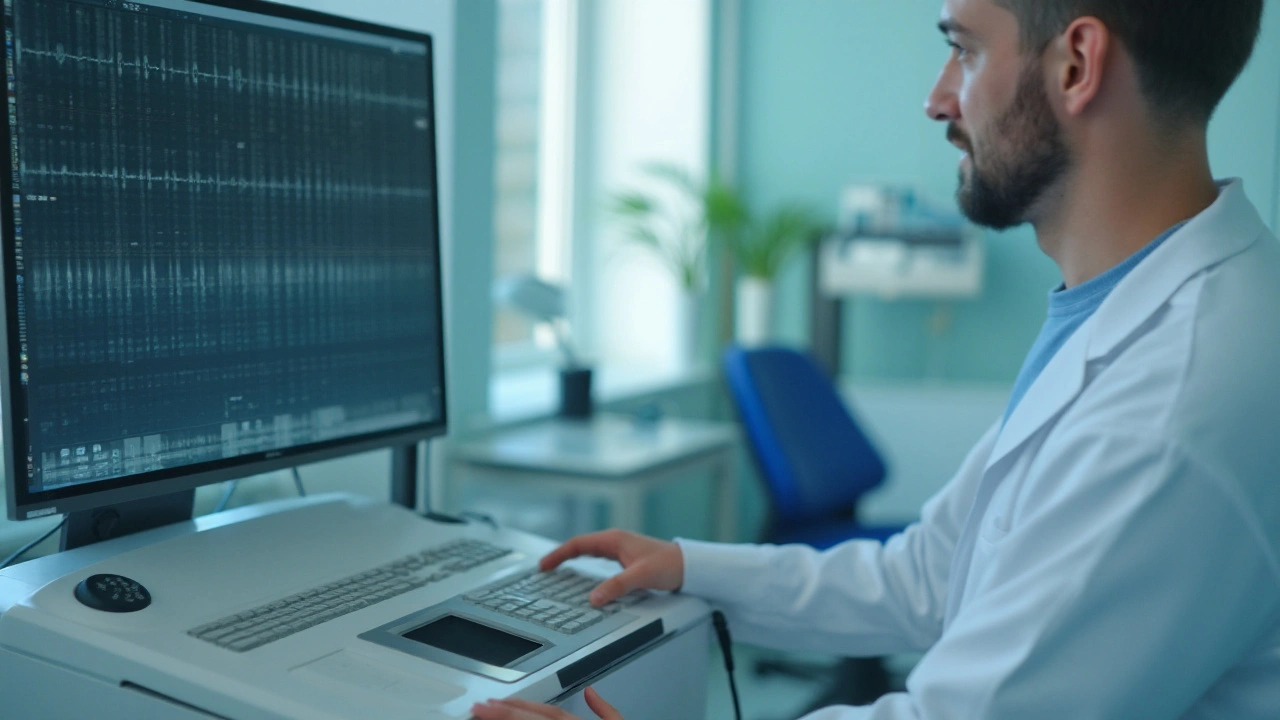Understanding Epilepsy Diagnosis: What You Need to Know
If you or a loved one suspect epilepsy, figuring out what’s going on can feel overwhelming. The good thing? Diagnosing epilepsy is a process that doctors take seriously to give you the right care. It’s mainly about spotting patterns in seizures and ruling out other possible causes.
First off, knowing the signs is crucial. Epilepsy involves repeated seizures, but not every seizure means epilepsy. Things like fainting or certain sleep disorders can look similar. So, the doctor will ask for a detailed history: what happens during a seizure, how often, and any possible triggers. Descriptions from friends or family who witnessed the seizure can be a big help.
Tests That Help Spot Epilepsy
The main tools are EEG (electroencephalogram) and brain imaging scans like MRI or CT. An EEG checks electrical activity in your brain and can show abnormal patterns typical of epilepsy. Sometimes, seizures don’t happen during the test, so the EEG might be normal even if epilepsy’s present. Imaging scans help find brain injuries or abnormalities that could cause seizures.
Doctors might also order blood tests to rule out infections, chemical imbalances, or genetic factors. Sometimes keeping a seizure diary helps track patterns over time. If seizures are frequent, video monitoring in a hospital can be done to catch events live.
What Happens After Diagnosis?
Once epilepsy is diagnosed, the focus shifts to managing it. Medication is usually the first step, tailored to the type of seizures and patient lifestyle. Follow-up is key because some people need their treatment tweaked for the best balance of seizure control and side effects.
Remember, diagnosis isn’t just about tests; it’s about listening carefully to symptoms and patient stories. If you feel unsure or want a second opinion, that’s totally okay. Knowing what to expect makes the journey clearer and helps you take control of your health.
Understanding EEG in Detecting Partial Onset Seizures: A Comprehensive Guide
This in-depth article explores the essential role of EEG in diagnosing partial onset seizures. It covers what EEG is, how it works, and why it’s critical for accurate epilepsy diagnosis. There are tips for patients and interesting facts to understand the process better.
